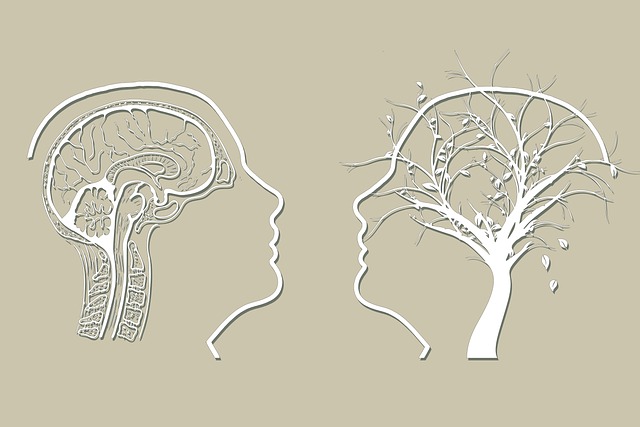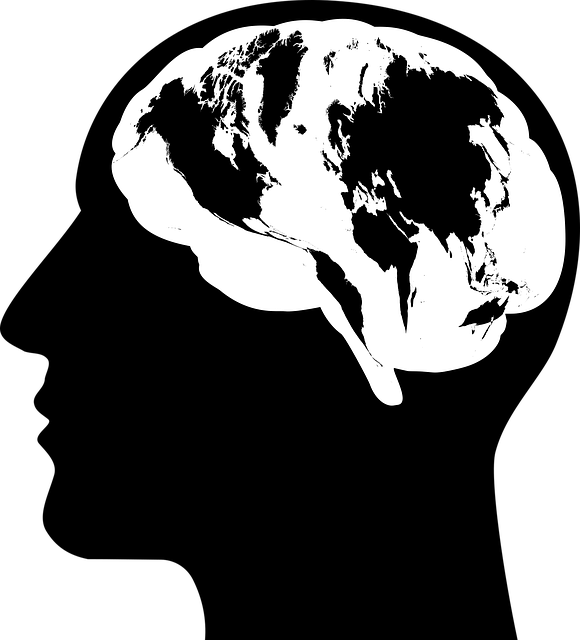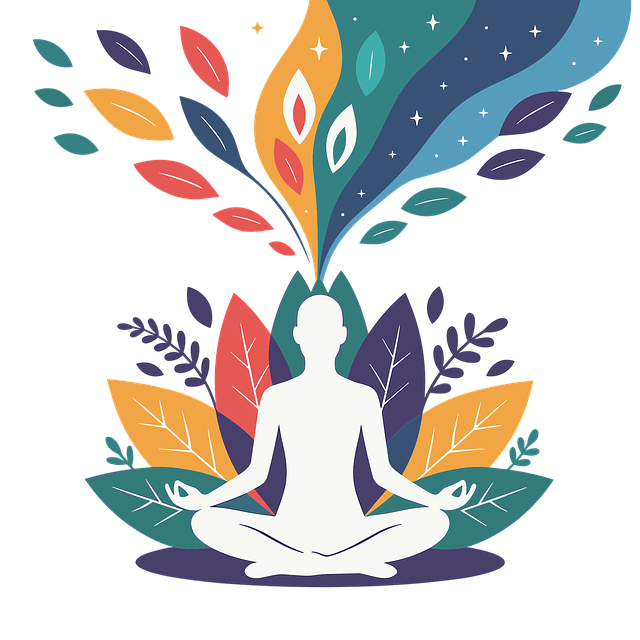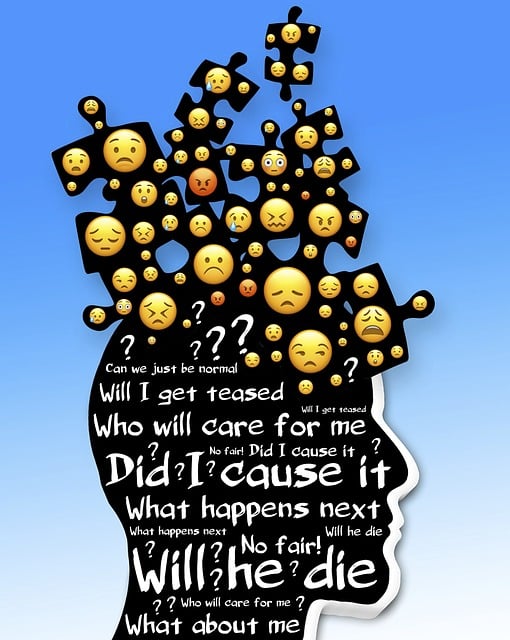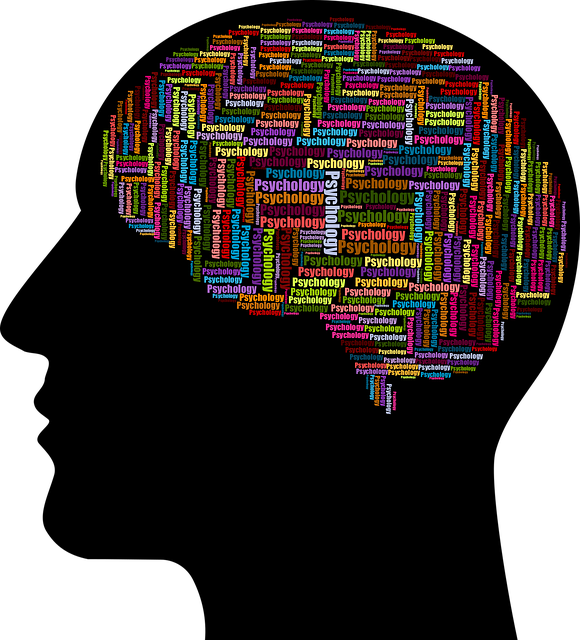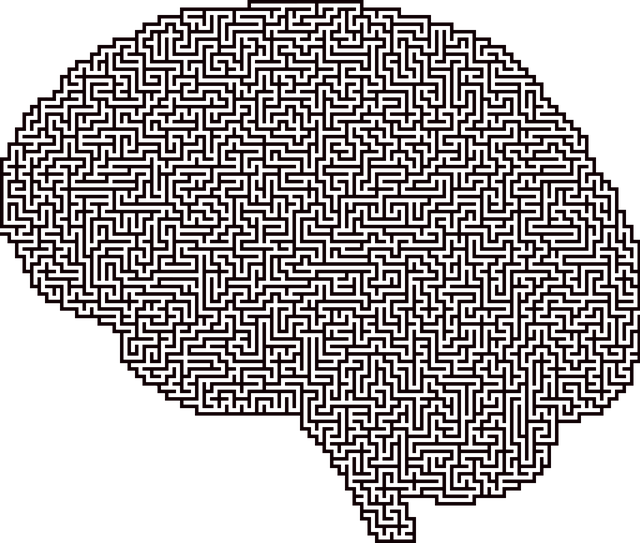Marketing a mental wellness app like Lone Tree Obsessive Compulsive Disorder Therapy requires a multi-faceted approach. It involves SEO optimization through targeted content on OCD and digital therapy, leveraging social media and community outreach for brand awareness, and highlighting emotional intelligence as a core feature. Effective strategies include risk management planning, policy analysis, and user testimonials to build trust. The app should offer compelling content with real-life examples and visually appealing designs to engage users and retain them through regular updates based on trends and feedback, ultimately enhancing mental health outcomes.
In today’s digital age, mental wellness apps offer a crucial resource for managing conditions like Lone Tree Obsessive Compulsive Disorder (OCD). This article explores a comprehensive marketing strategy development for such apps. We delve into understanding mental health and OCD, targeting specific audiences, and implementing effective app marketing strategies. By crafting compelling content tailored to user needs, we discuss how to attract and retain potential clients. Additionally, we provide insights on measuring success through user engagement and retention analysis, ensuring continuous improvement in app effectiveness.
- Understanding Mental Health and OCD: Targeting the Right Audience
- App Marketing: Strategies to Reach and Engage Potential Users
- Crafting Compelling Content: What Works for Mental Wellness Apps
- Measuring Success: Analyzing User Engagement and Retention for Improvement
Understanding Mental Health and OCD: Targeting the Right Audience

Understanding mental health is paramount when developing a marketing strategy for apps focused on wellness, especially when addressing specific conditions like Obsessive Compulsive Disorder (OCD). OCD is a complex mental health condition characterized by intrusive thoughts and repetitive behaviors that can significantly impact an individual’s daily life. Effective marketing for Lone Tree Obsessive Compulsive Disorder therapy apps requires a nuanced approach that caters to those directly affected or those seeking support.
Targeting the right audience involves recognizing the diverse manifestations of OCD and tailoring messages accordingly. Through comprehensive risk management planning and risk assessment for mental health professionals, app developers can ensure their marketing strategies are sensitive and effective. This includes addressing the unique challenges faced by individuals with OCD while promoting accessible and evidence-based solutions. By engaging in mental health policy analysis and advocacy, marketers can contribute to a broader understanding of OCD and encourage early intervention and support.
App Marketing: Strategies to Reach and Engage Potential Users

Reaching and engaging potential users for a mental wellness app like Lone Tree Obsessive Compulsive Disorder Therapy requires a multi-faceted marketing strategy. Start by utilizing organic search engine optimization (SEO) to ensure your app appears in relevant searches, such as “Lone Tree OCD therapy.” This can be achieved through targeted content creation focused on educating users about OCD and the benefits of digital therapy.
Leveraging social media platforms, community outreach programs implementation, and trauma support services can create a supportive environment that resonates with users seeking mental wellness solutions. Highlighting emotional intelligence as a core aspect of your app’s functionality can also attract individuals who value self-awareness and personal growth. Engage potential users through targeted ads, influencer partnerships, and user testimonials, fostering a sense of community around mental health awareness.
Crafting Compelling Content: What Works for Mental Wellness Apps

Creating compelling content is key to attracting users and establishing credibility for mental wellness apps, particularly those focusing on unique areas like Lone Tree Obsessive Compulsive Disorder (OCD) Therapy. When crafting content, it’s essential to balance educational value with relatable, personal stories. Sharing real-life experiences can humanize the app and build trust with potential users who may be facing similar challenges. For instance, featuring testimonials or case studies demonstrating effective Conflict Resolution Techniques, Emotional Healing Processes, and Empathy Building Strategies used within the app can resonate deeply with target audiences.
Visuals play a significant role in content marketing for mental wellness apps. Incorporating calming, soothing imagery alongside engaging infographics that simplify complex OCD concepts can capture attention and facilitate understanding. Regularly updating content to reflect current trends, research findings, and user feedback ensures the app remains relevant and appealing. By combining powerful storytelling with visually appealing designs, mental wellness app marketers can create a compelling narrative that resonates with users seeking support for OCD and related conditions.
Measuring Success: Analyzing User Engagement and Retention for Improvement

Measuring success is a critical component of any mental wellness app marketing strategy, particularly when addressing conditions like Lone Tree Obsessive Compulsive Disorder Therapy. By analyzing user engagement and retention rates, developers can gain valuable insights into what features resonate most with users and where improvements are needed. This data-driven approach enables the refinement of Emotional Well-being Promotion Techniques and Self-Awareness Exercises, ensuring the app continues to meet evolving needs effectively.
Retaining users over time is a key indicator of an app’s effectiveness in promoting Self-Esteem Improvement. By tracking engagement patterns, developers can identify early signs of disinterest or challenges that hinder user retention. Addressing these issues promptly not only enhances overall user satisfaction but also encourages continuous use, which is essential for seeing meaningful progress and positive mental health outcomes.
In developing a marketing strategy for mental wellness apps, understanding specific conditions like OCD and targeting the right audience is key. Utilizing effective app marketing strategies and crafting compelling content that resonates with users are essential to reaching and engaging potential clients. By analyzing user engagement and retention, developers can continuously improve their Lone Tree Obsessive Compulsive Disorder Therapy apps, ensuring they provide valuable support for those seeking mental wellness solutions.
